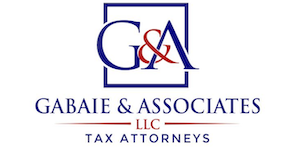If you owe a lot of back taxes, the IRS partial payment installment agreement (PPIA) might be a good option for you. With a PPIA, you can pay back your tax debt in manageable monthly installments, and the PPIA expires when the tax debt reaches its expiration date.
PPIA: The Basics
When the IRS assesses a tax debt against you, it also issues a collection date, known as the Collection Statute Expiration Date (CSED). Usually, it's ten years from the debt assessment date. The IRS will try to collect your tax liability through methods such as garnishing your wages or seizing your assets before letting the CSED pass.
If you can't afford to pay the total tax debt in full, the IRS has several relief options, including the PPIA. With a PPIA, you make monthly payments for the duration of the collection period. If there's a remaining tax balance after the CSED passes, you don't have to pay that remaining balance.
PPIA Eligibility Criteria
The IRS won't give you a PPIA automatically; you have to request it. There's no guarantee you'll get it, either. You have to meet some of the IRS's eligibility criteria. Generally, only taxpayers in the following situations get approved:
Owe $10,000 or more in taxes, penalties, and interest
Able to make a monthly payment that's lower than the total tax bill
No disposable income available to pay the tax debt with a regular installment agreement
Don't qualify for an Offer in Compromise
Up to date on all past tax returns
Not bankrupt
No realizable equity in assets that could cover the tax bill
You can read about this topic in more detail on our PPIA eligibility resource page.
How to Request a PPIA
To apply for a PPIA, you'll have to figure out the lowest monthly payment that you can afford after paying for your basic living expenses. Then, you have to submit a series of forms to the IRS. The IRS will then assign a case manager to review your application.
Having a tax attorney prepare your PPIA request can increase the chances the IRS will accept it. At Gabaie & Associates, LLC, we help individuals and businesses deal with their tax liabilities responsibly. We also help you manage the IRS and get your finances in order. Call us today at (410) 358-1500 to request a free consultation to see how we can assist you.
